Chogha Zanbil is an ancient Elamite complex located in Khuzestan province, southwestern Iran. The complex, which is the only surviving example of an Elamite ziggurat, is designated as a UNESCO World Heritage Site and is considered an important example of ancient Near Eastern architecture and engineering.
Getting to know more about Chogha Zanbil
The complex is believed to have been built around 1250 BC and includes a ziggurat, temples, and palaces. The ziggurat itself is a large, stepped pyramid that stands over 50 feet tall. It was constructed using mud bricks and was originally covered in glazed tiles. The ziggurat is surrounded by three concentric walls, which were also constructed using mud bricks.
One of the most interesting aspects of Chogha Zanbil is the fact that it was a multi-purpose complex. The ziggurat and temples were used for religious purposes, while the palaces were used as living quarters for the rulers and their families. The complex also had a number of gardens and parks, which were used for recreational purposes.
The complex was abandoned shortly after it was built, and it wasn’t until the 20th century that it was rediscovered and excavated. Today, Chogha Zanbil is a popular tourist destination, and visitors can explore the ziggurat and other structures, as well as learn about the history of the complex and the ancient Elamite civilization.
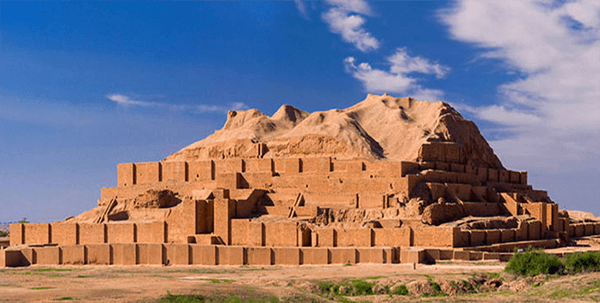
Iran Tour: Be Sure To Visit Chogha Zanbil
If you are planning a trip to Iran, Chogha Zanbil is definitely worth a visit and for iran visa application contact to iranatour. Not only is it a unique and fascinating example of ancient architecture, but it also offers a glimpse into the rich history and culture of the region. The complex is well-preserved and offers a variety of interesting features for visitors to explore, including the ziggurat, temples, palaces, and gardens.
There are also a number of other nearby attractions that visitors can enjoy, including the Susa Museum, which features a collection of artifacts from the ancient Elamite civilization. The city of Susa is also home to a number of other ancient sites, including the Susa Citadel and the Royal City of Susa, which are both worth a visit.
Overall, Chogha Zanbil is a must-see destination for anyone interested in ancient history or architecture. It is a unique and fascinating complex that offers visitors the opportunity to learn about the ancient Elamite civilization and explore the rich history and culture of the region. So if you are planning a trip to Iran, be sure to add Chogha Zanbil to your list of must-see attractions.
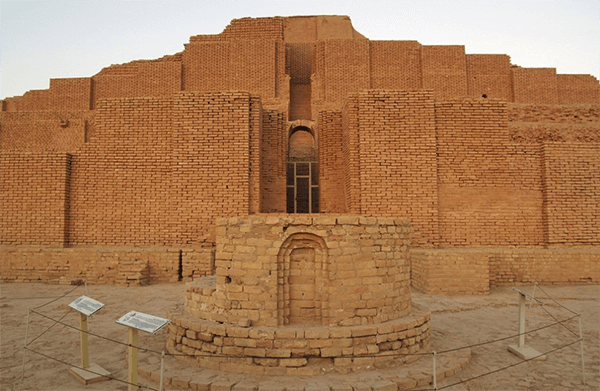
What else can I see in Khuzestan province after Chogha Zanbil?
There are a number of other interesting attractions and sights to see in Khuzestan province, in addition to Chogha Zanbil. Some other notable places to visit include:
Susa Citadel
This ancient fortress is located in the city of Susa and dates back to the Achaemenid period. It was once the capital of the Elamite empire and has a rich history dating back over 4,000 years.
Royal City of Susa
This ancient city is located in the city of Susa and was the capital of the Elamite empire. It is home to a number of ancient ruins, including the Royal Palace, which was once the residence of the Elamite kings.
Shushtar Historical Hydraulic System
This ancient system of dams and canals was built in the 5th century BC and is an important example of ancient engineering. It is located in the city of Shushtar and was designated as a UNESCO World Heritage Site in 2009.
Chogha Zanbil
This ancient city is located in the city of Shushtar and was once the capital of the Elamite empire. It is home to a number of ancient ruins, including the Temple of Inshushinak and the Royal Palace.
Haft Tepe
This ancient city is located in the city of Dezful and was once the capital of the Elamite empire. It is home to a number of ancient ruins, including the Temple of Inanna and the Royal Palace.
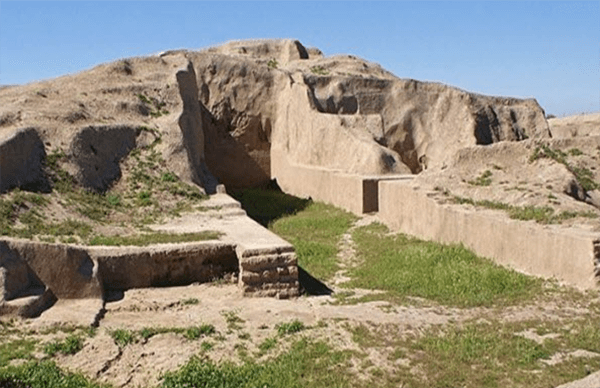
Overall, Khuzestan province is home to a number of interesting attractions and sights, making it a great destination for history buffs and anyone interested in ancient cultures and civilizations.

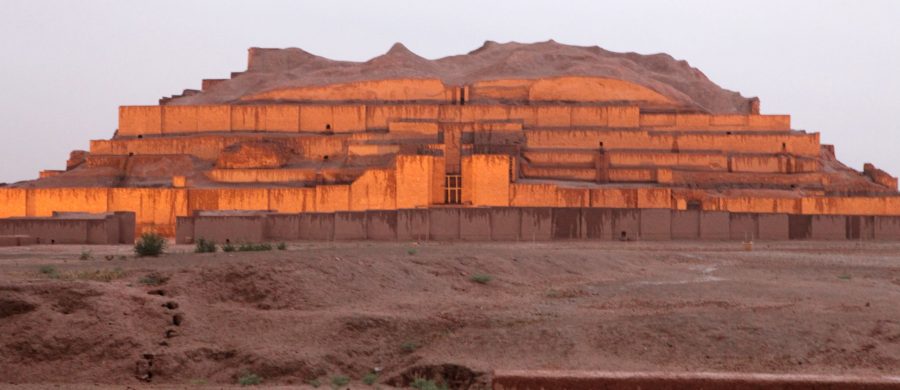

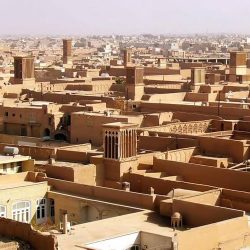


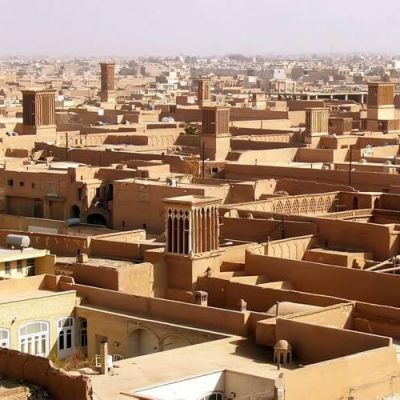

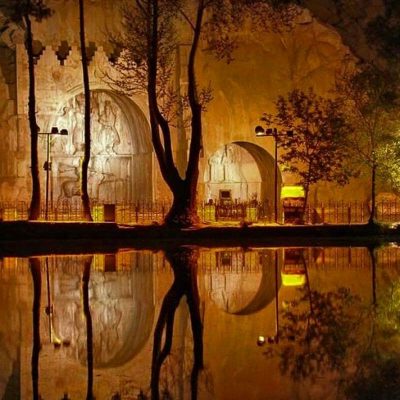
Post Discussion